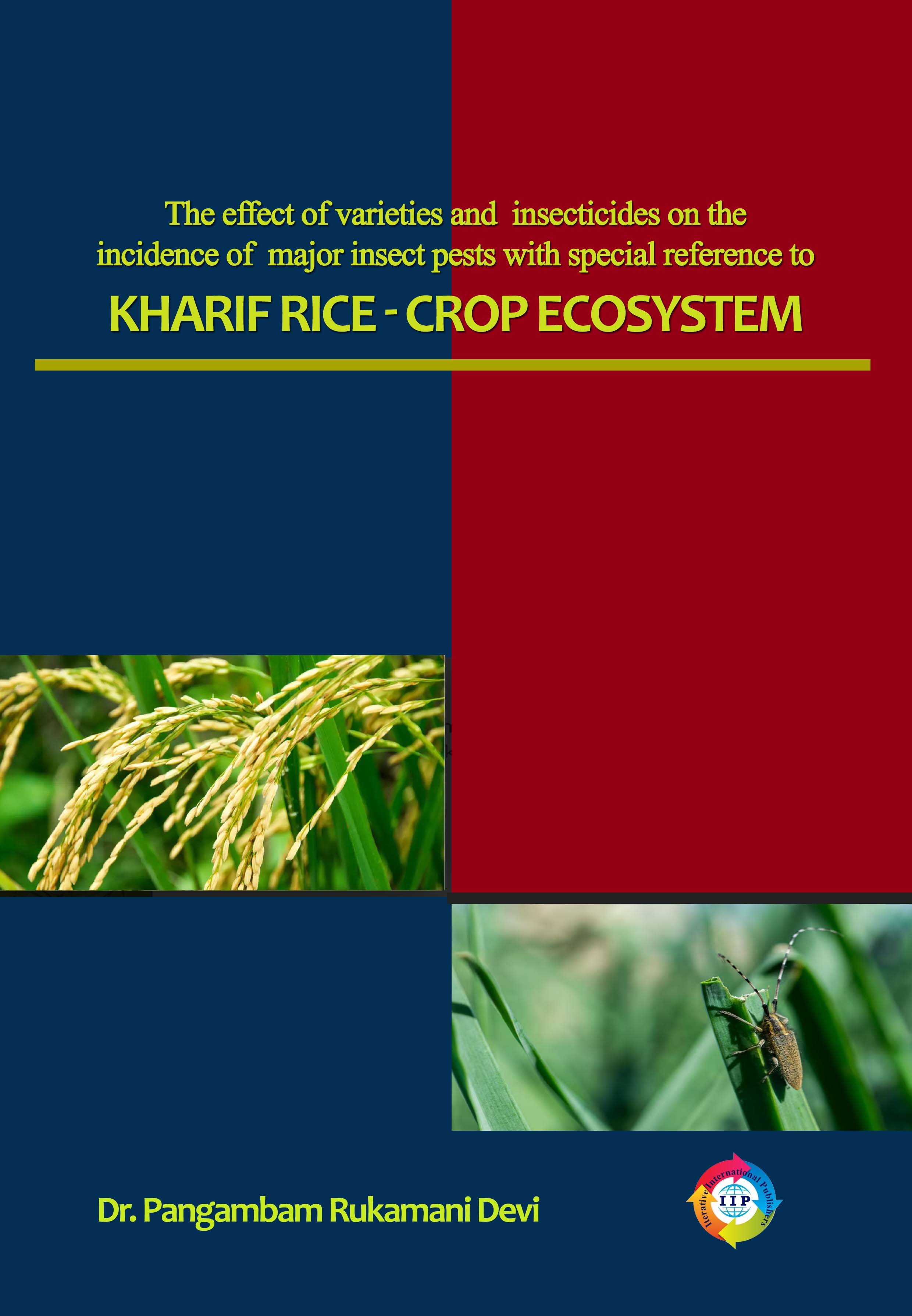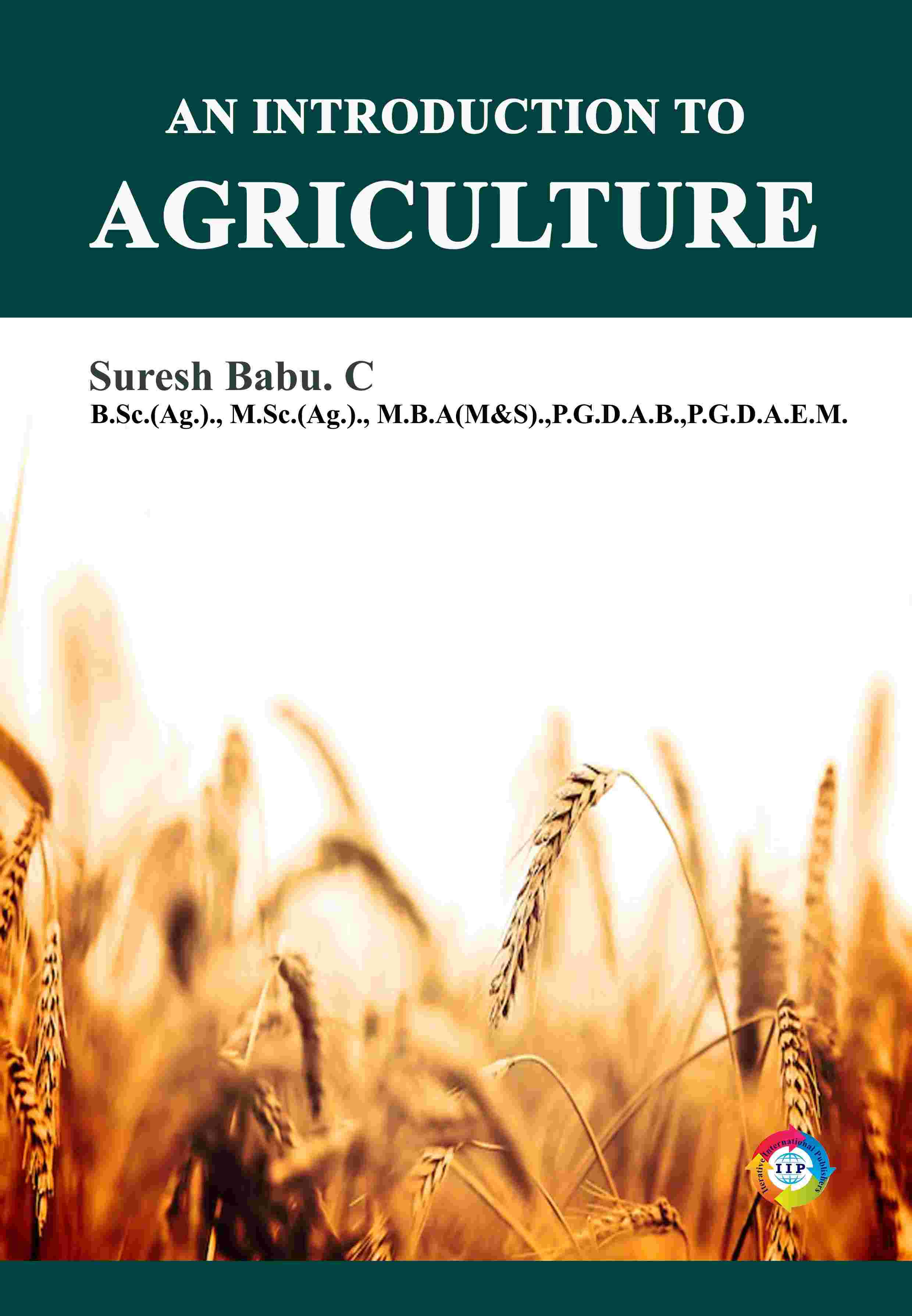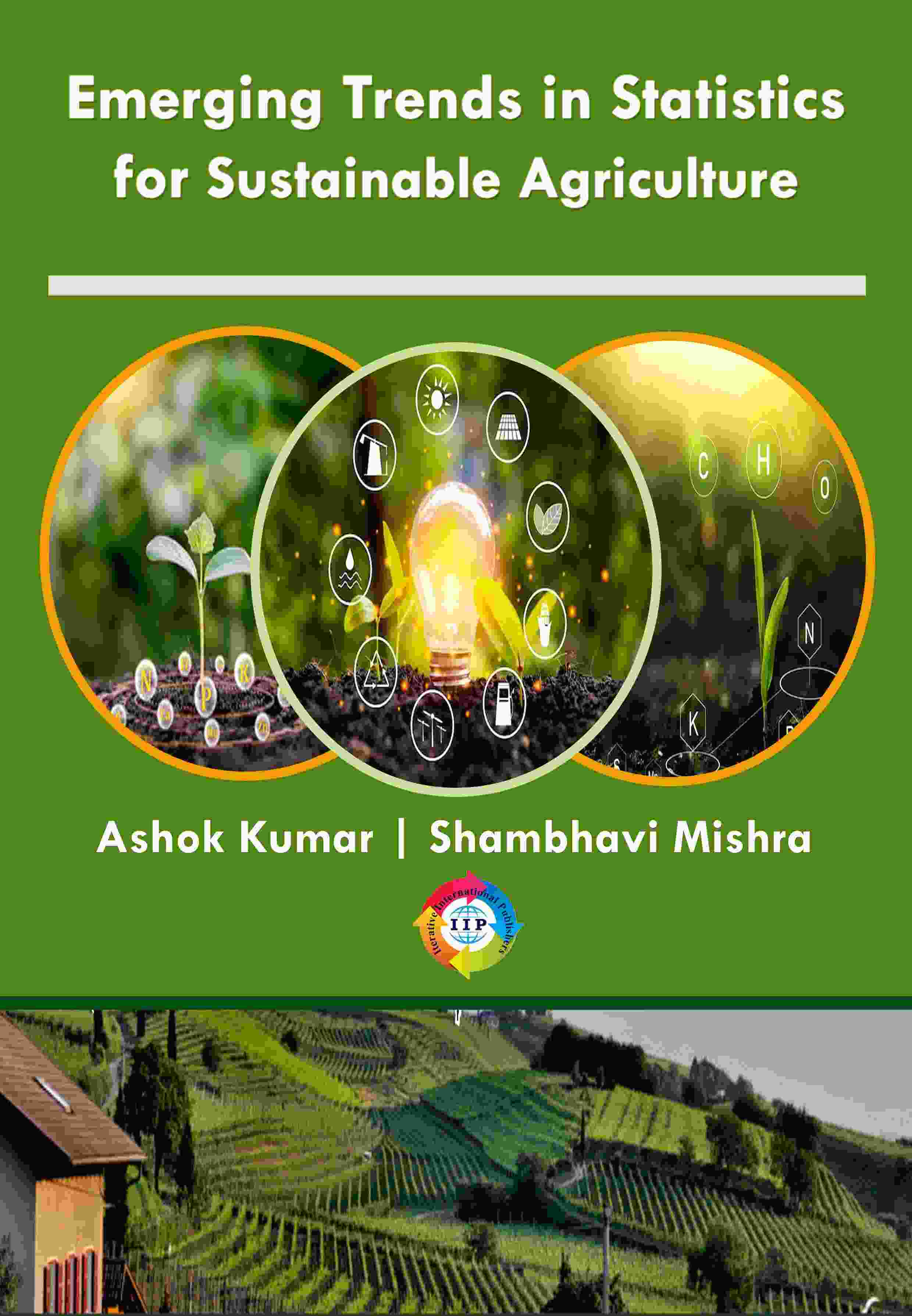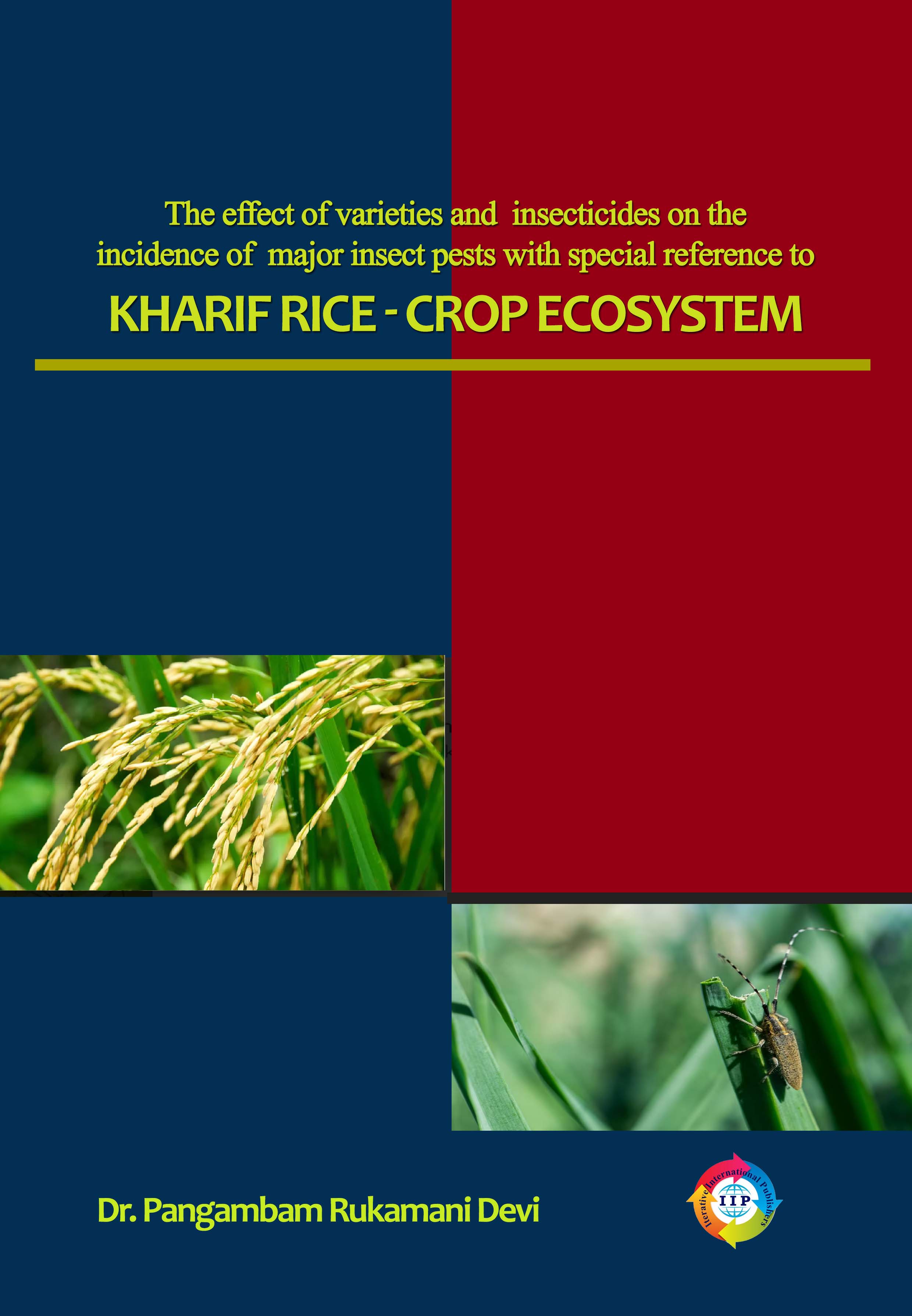
THE EFFECT OF VARIETIES AND INSECTICIDES ON THE INCIDENCE OF MAJOR INSECT PESTS WITH SPECIAL REFERENCE TO KHARIF RICE-CROP ECOSYSTEM
-
TypePrint
- CategoryAcademic
- Sub CategoryPhD Thesis/Thesis
- StreamAgriculture & Food Science
Indian agriculture overcome several challenging situation. In the world India ranks first both in area (41.85 million hectares) and productions (102 million hectares) but productivity is only 75% of the world average of 4.02 tonnes ha-1. In Manipur agriculture is the single largest private enterprise that sustains livelihood of about 2.76 million people. The state has 16878 hectares of agricultural land producing 377.37 thousand tonne with a productivity of 2235.89 kg ha-1 . The total estimated rice requirement of 5.49 lakh tonnes. However the state has a deficit of about 1.62 lakh tonnes of rice due to its low productivity. The agricultural production is faced with several constraints of biotic and abiotic stresses, depleting and degrading natural resources etc. In Manipur insect-pest attack and diseases is the major limiting factors for rice production. Identification of resistant/tolerant variety is very important competent as it provide the best alternative control of insect pest. In this edition, an effort has been made to present research-led developments in the agriculture sector. This is an original work. The present writer takes research work on environmental agronomy. Her long research experience convinced that her sources for writing this book. The writer hope that the book would prove to be useful to students, researchers, planners, farmers and other stakeholders. She also welcome suggestion for further improvement of this publication.
**Note: IIP Store is the best place to buy books published by Iterative International Publishers. Price at IIP Store is always less than Amazon, Amazon Kindle, and Flipkart.





COMMENTS
No Review found for book with Book title. THE EFFECT OF VARIETIES AND INSECTICIDES ON THE INCIDENCE OF MAJOR INSECT PESTS WITH SPECIAL REFERENCE TO KHARIF RICE-CROP ECOSYSTEM